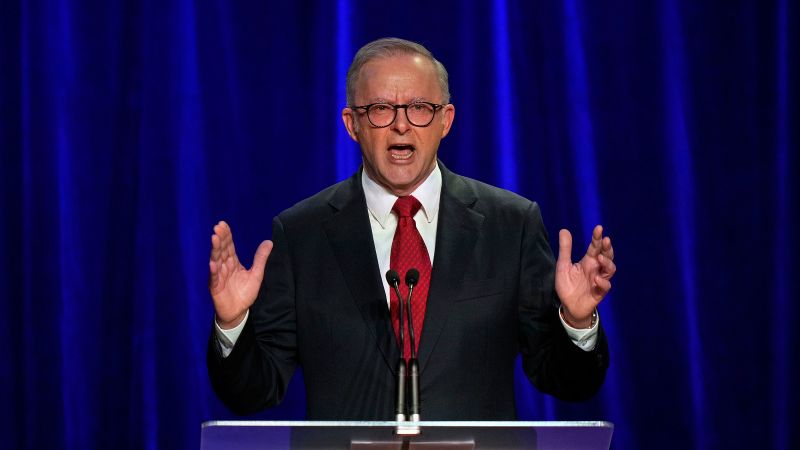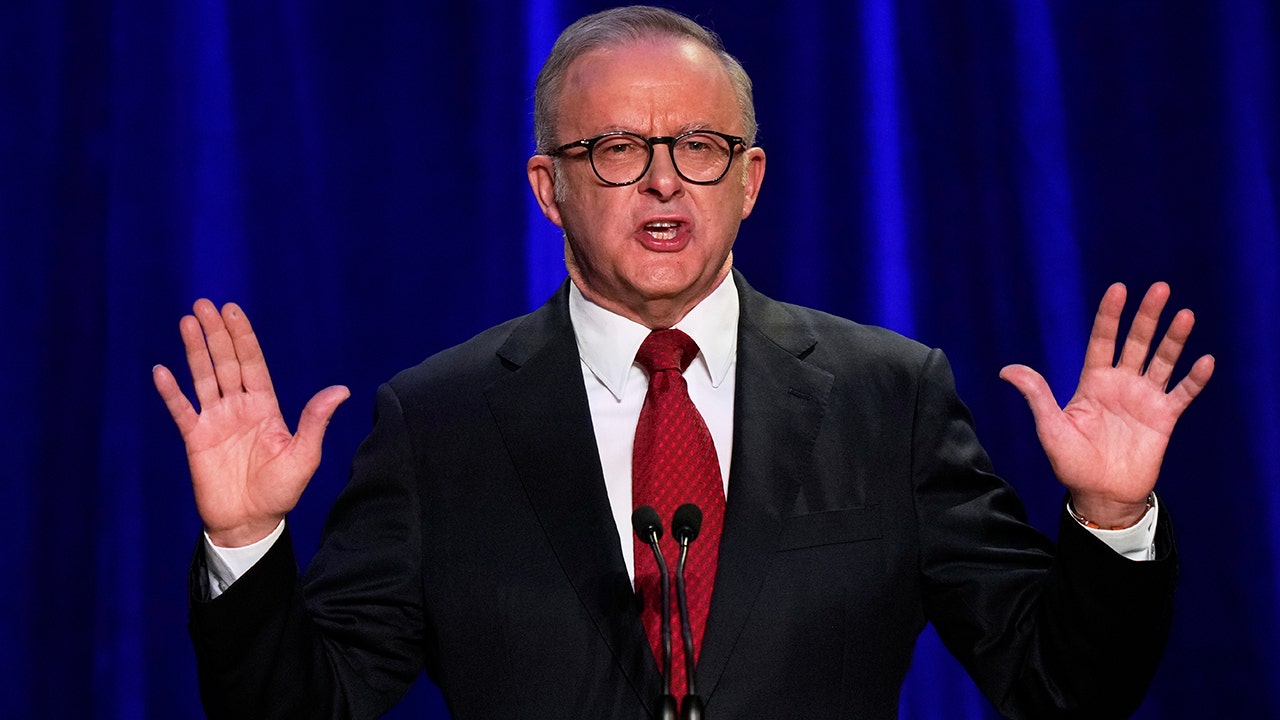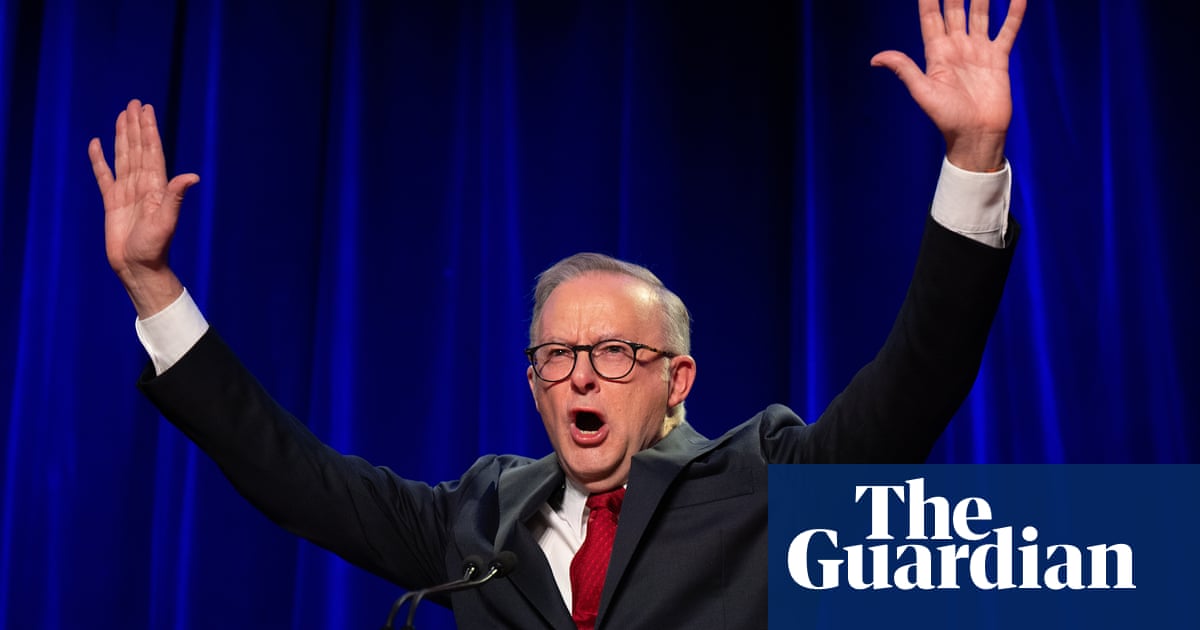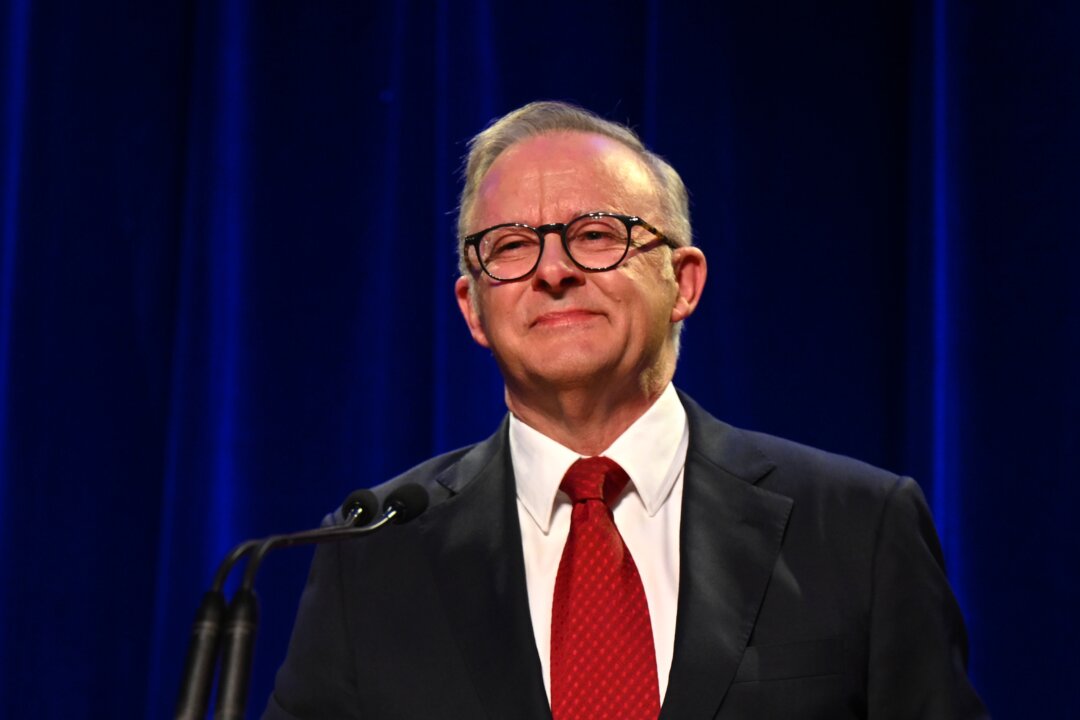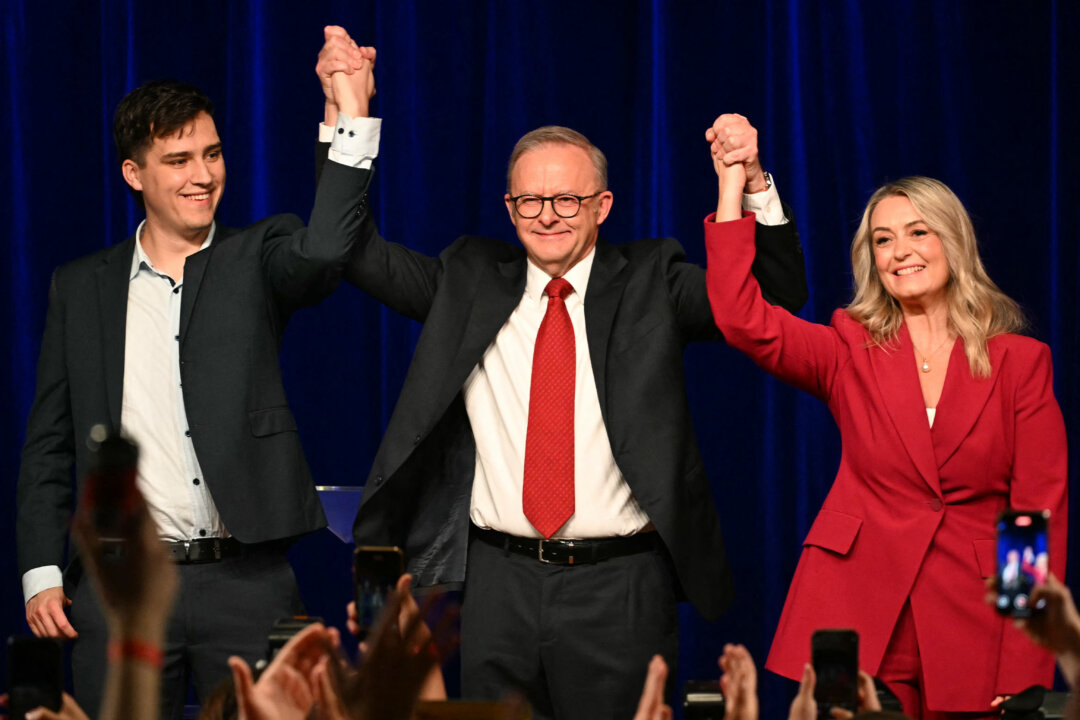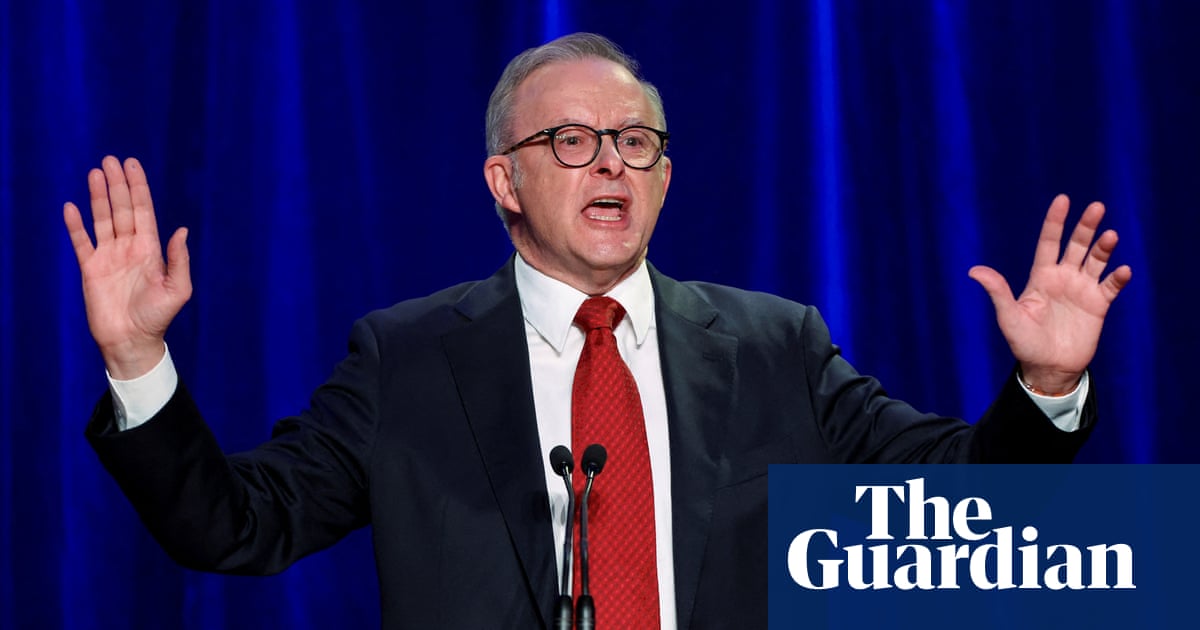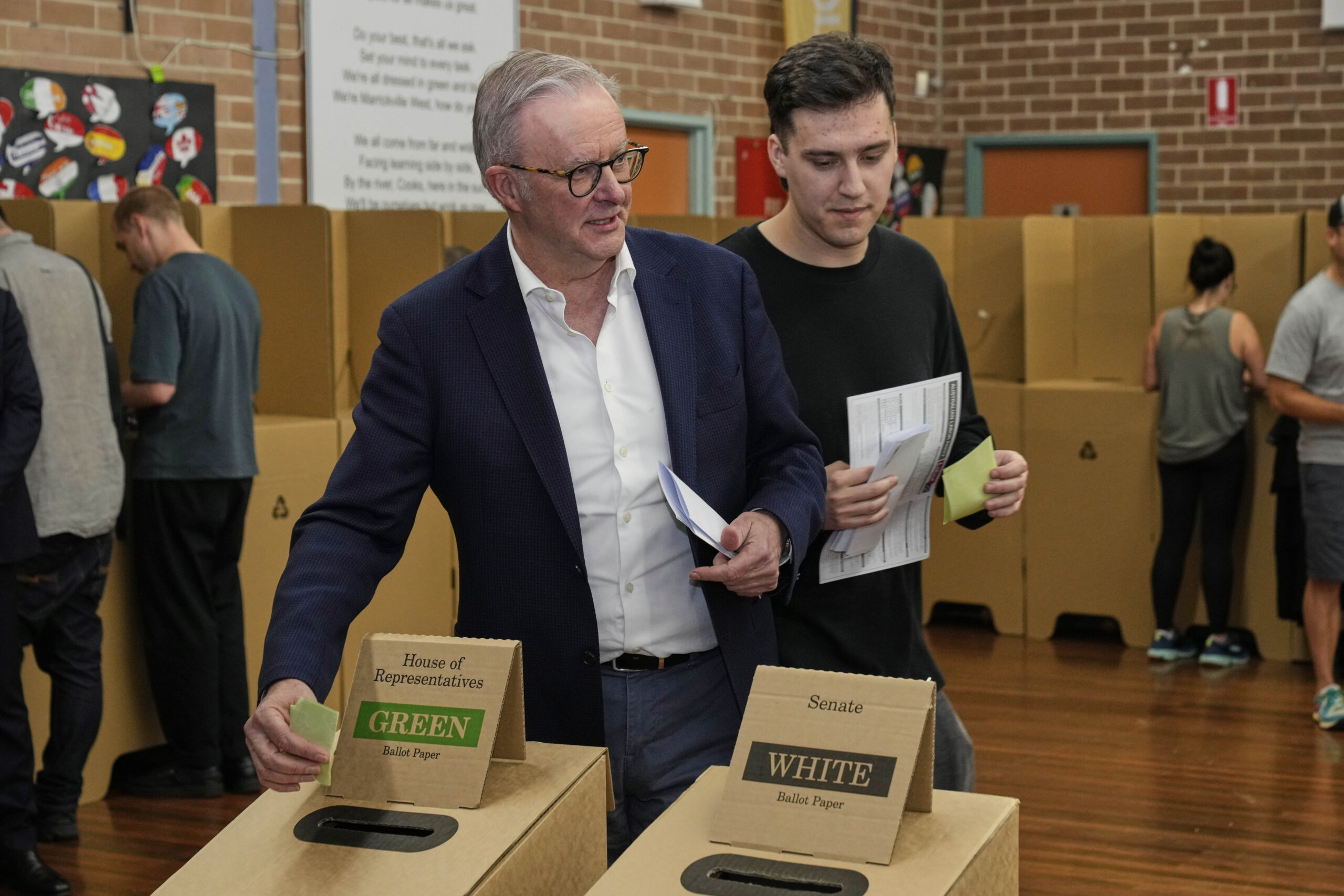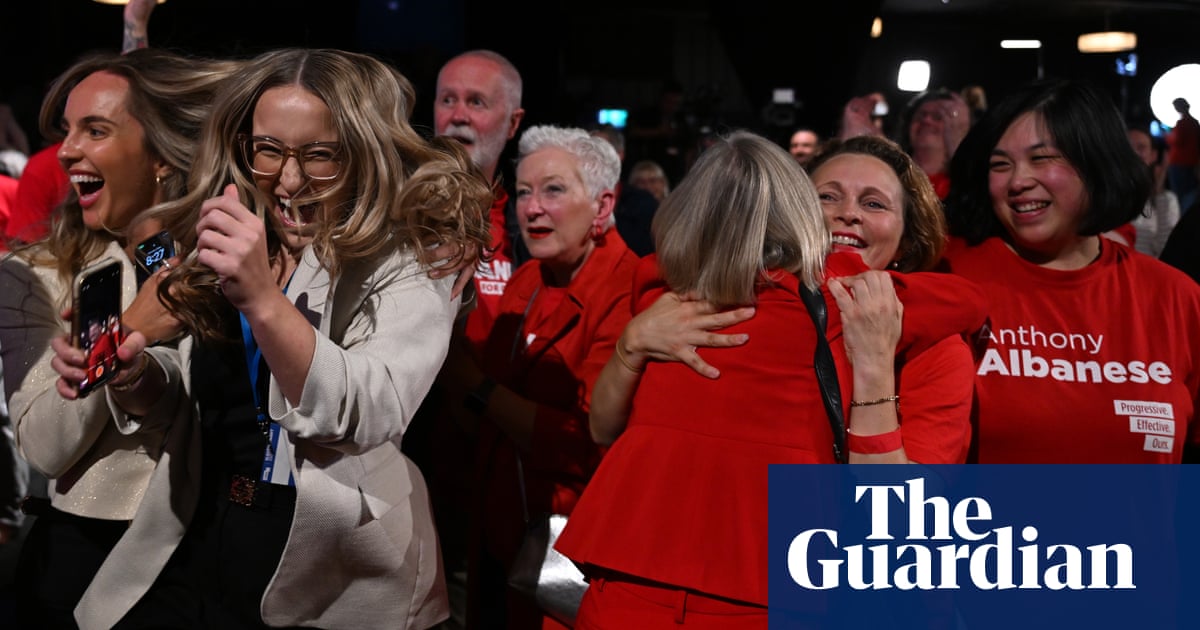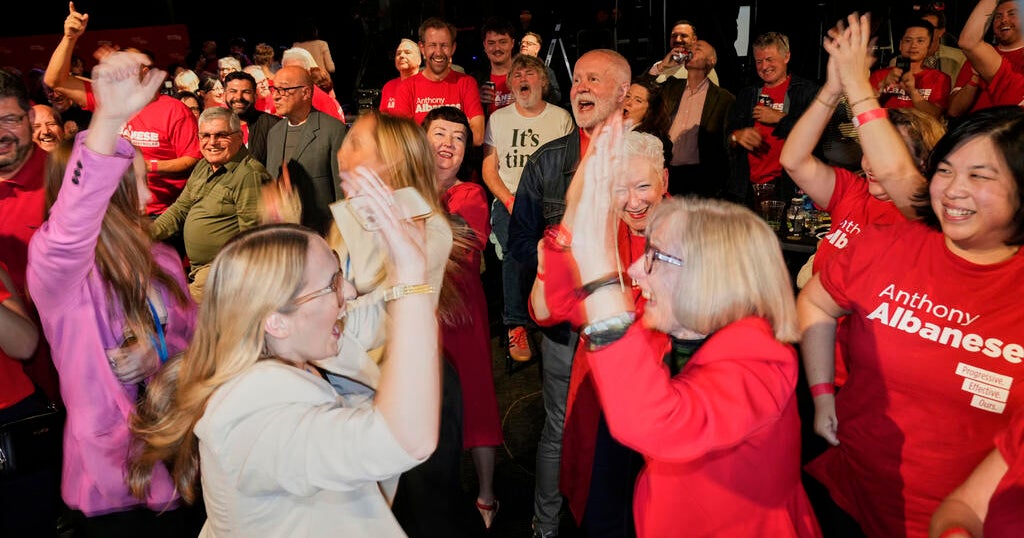Albanese Celebrates Historic Second Term as Australia Rejects Division
PM Albanese secures a second term, claiming Australian voters chose unity over division in response to rising inflation and Donald Trump's influence.
Subscribe to unlock this story
We really don't like cutting you off, but you've reached your monthly limit. At just $5/month, subscriptions are how we keep this project going. Start your free 7-day trial today!
Get StartedHave an account? Sign in
Overview
In a historic second term victory, Prime Minister Anthony Albanese's Labor Party won at least 85 seats in the House of Representatives, signaling a rejection of division. Albanese emphasized unity in his first address post-election, underlining a desire for stability amid economic turmoil and connections to Trump's policies. His opponent, Peter Dutton, lost his seat as Labor made significant gains, contrasting a turbulent political history in Australia. Albanese, echoing sentiments of a 'kinder' politics, promised a focused approach to pressing issues like cost of living and climate change while receiving global congratulations from multiple leaders.
Report issue

Read both sides in 5 minutes each day
Analysis
Analysis unavailable for this viewpoint.
Articles (23)
Center (8)
FAQ
Labor secured at least 85 seats in the 151-seat House of Representatives, an increase from their previous narrow majority of 78 seats.
Albanese emphasized unity, stability amid economic turmoil, and a focus on cost-of-living pressures and climate change, contrasting his approach with divisive politics.
U.S. Secretary of State Marco Rubio and British Prime Minister Keir Starmer congratulated Albanese, emphasizing strengthened alliances and shared democratic values.
This marks the first time since 2004 that an incumbent Australian prime minister has been re-elected, with Labor increasing its majority contrary to typical second-term losses.
Albanese framed the result as a rejection of divisive politics linked to Trump's style, though specific policy connections to Trump were not detailed in available sources.
History
- 6M

 3 articles
3 articles
- 6M

 4 articles
4 articles
- 6M

 6 articles
6 articles
